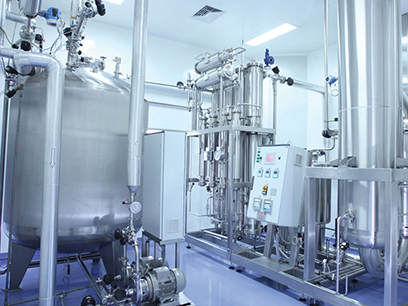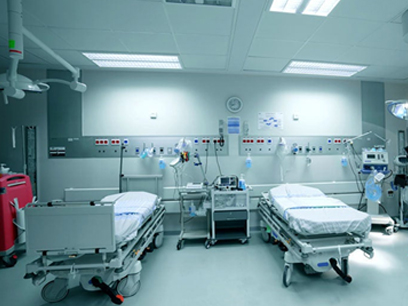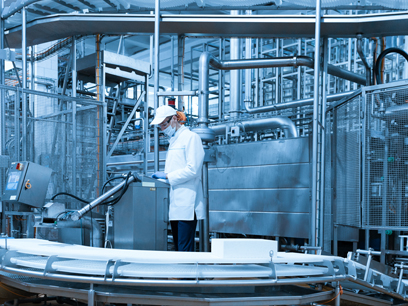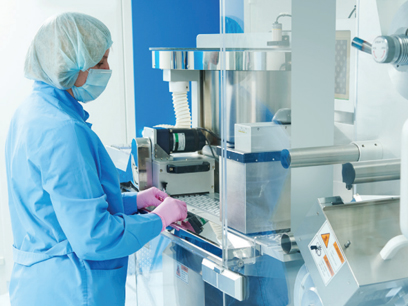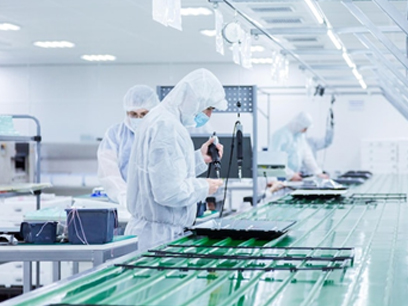FMCG
Cleanrooms play a vital role in the FMCG (Fast Moving Consumer Goods) industry, ensuring the production of safe and high-quality products. These controlled environments maintain a sterile and controlled atmosphere, free from contaminants such as dust, bacteria, and airborne particles. In FMCG, cleanrooms are utilized for various processes, including the manufacturing, packaging, and storage of sensitive products such as food, beverages, pharmaceuticals, cosmetics, and personal care items. By implementing cleanrooms, FMCG companies can adhere to strict hygiene standards, prevent cross-contamination, extend product shelf life, and safeguard consumer health. These controlled environments also facilitate compliance with regulatory requirements, enhance product quality control, and provide a controlled environment for research and development activities within the FMCG sector.

.jpg)
